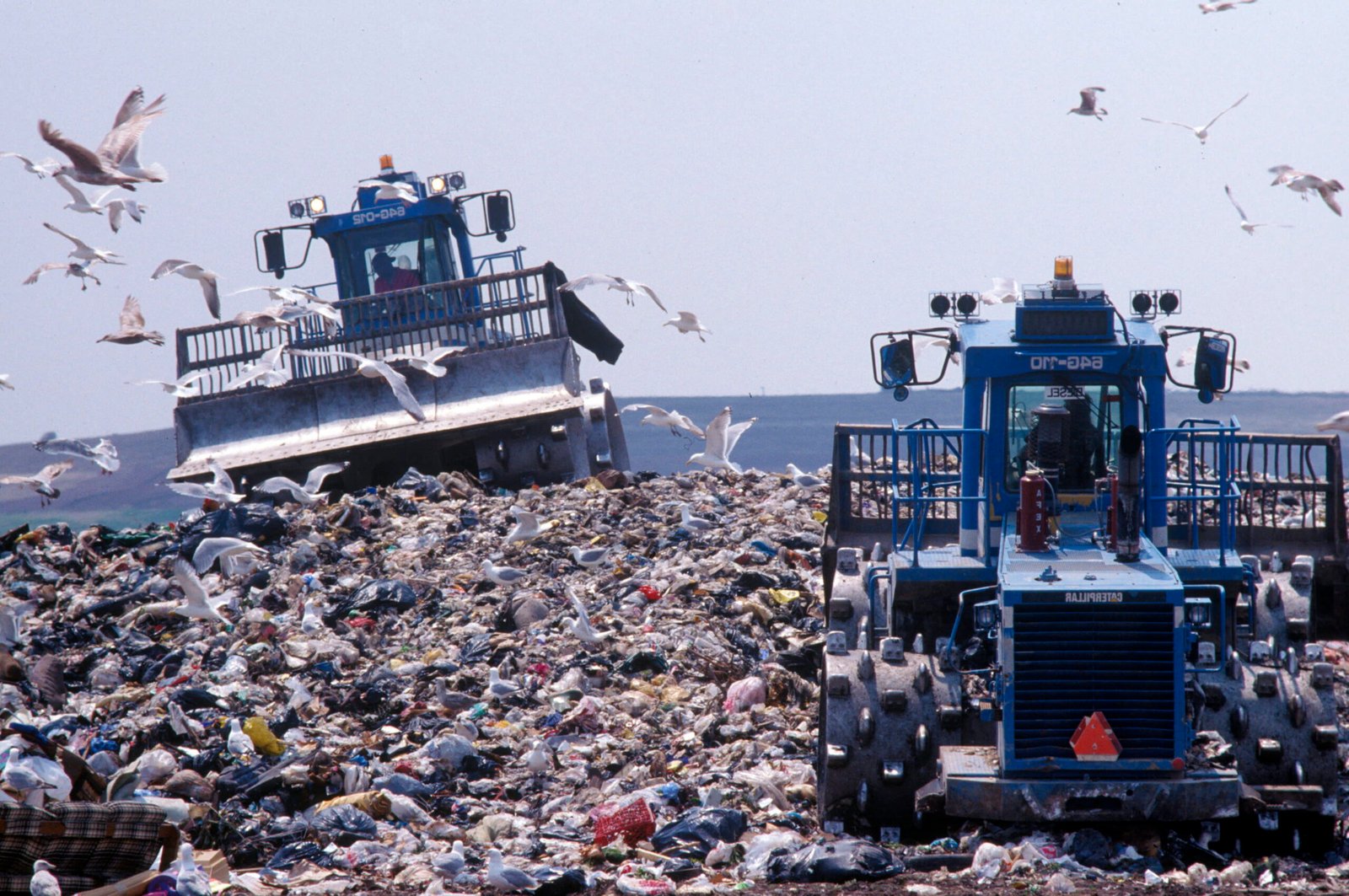“One bottle can’t make much difference,” Many of us have had this idea as we are chucking a used bottle into a pile of garbage already piling up. Recycling is one of the best things we can do for the planet. It helps us reduce our carbon footprint, preserve resources, and much more.
But like everything that we do for the environment, recycling is more of a do it now and reap the rewards later approach. Evidence shows that it takes at least a few decades to see recycling efforts. But how does recycling work, what does the data say, and more importantly, why does our future hinge on recycling?
The idea behind recycling:
The whole concept of recycling is to reduce the amount of waste that goes into our landfills. It’s a process of turning used materials into new products. This helps to conserve energy and natural resources while also reducing pollution.
The recycling process begins with sorting the recyclables from the trash. This is usually done at the curb or at a community collection center. The recyclables are then taken to a facility where they are cleaned and processed into pellets or flakes. These pellets and flakes are then sold to manufacturers who use them to create new products.
This is just a basic overview of recycling. The recycling process depends massively on the kind of waste you are dealing with. For example, Aluminum cans are recycled by crushing them and then melting them down so they can be reformed into new cans.
Glass is recycled by crushing it and then melting it down so it can be used to make new glass products. Paper is recycled by breaking it down into pulp, then used to create new paper products. Plastics are recycled by breaking them down into pellets, then used to create new plastic products.
The benefits of recycling:
We generate about 250 million tons of trash annually in the United States alone. Of that trash, only about 30% is recycled. This means that the other 70% ends up in our landfills, where it will sit for centuries, leaking harmful chemicals into the environment. Recycling just a single ton of paper can save up to 17 trees, three cubic yards of landfill space, and 4,000 kilowatts of energy – enough to power the average American home for six months.
Similarly, recycling one aluminum can saves enough energy to run a TV for three hours. Data suggests that it takes anywhere from 450-1,000 years for an aluminum can to decompose in a landfill. Recycling just half of our household waste each year would save the equivalent of 1.6 billion gallons of gasoline.
The data:
In 2017, America generated almost 262 million tons of trash and recycled and composted about 67 million tons of this material, equivalent to a recycling and composting rate of 25.8 percent. This was an increase from the 2016 rate of about 24.8 percent.
The United States’ trash generation is expected to grow by about 1 percent per year through 2025, reaching nearly 272 million tons in 2025. If we continue on our current path, by 2025, we will be generating almost one ton of trash per person daily.
While this data might seem daunting, it’s important to remember that even small changes can make a big difference. For example, if everyone in the United States recycled just one-tenth of their weekly newspaper, we would save about 25 million trees annually.
That’s just in the United States. Worldwide, it is estimated that we generate about 1.3 billion tons of trash annually, and only a fraction of this is recycled. In Europe, the recycling rate is around 50%. While in some countries, like Germany, the rate is as high as 70%.
Why does our future hinge on recycling?:
Recycling is important because it helps conserve energy and natural resources while reducing pollution. As the world population continues to grow, so does the amount of waste we generate. If we don’t start it now, we will quickly exceed the Earth’s carrying capacity for waste.
The future of recycling depends on our ability to develop new technologies and find new ways to reuse and recycle materials. We also need to educate people about the importance of recycling and encourage them to change their habits. Only by working together can we make a difference.
So does recycling really work?
The answer is yes, but it takes time to see the benefits. It is an important part of conserving our resources and protecting our environment. That being said, is just recycling enough? No, recycling waste is just the beginning. We need to do our part to reduce the amount of waste we generate in the first place. We can do this by making small changes in our everyday lives, like using reusable bags, shopping for secondhand items, and composting our food scraps. Every little bit helps!


